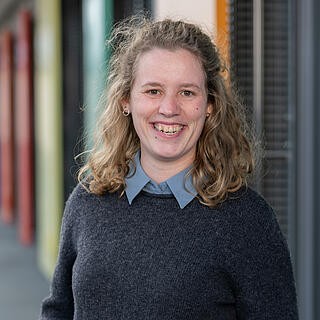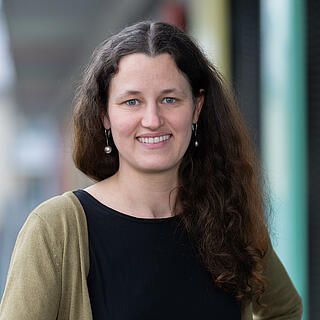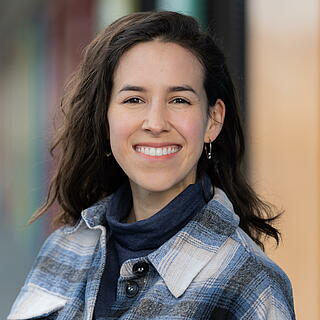Model Germany - Circular Economy - Modelling ecological and economic impacts of Circular Economy in Germany
More information about the project
Status of project
End of project: 2023
Project manager
Project staff
Funded by
World Wide Fund For Nature International Germany (WWF Germany)
Project partners
Fraunhofer Institute for Systems and Innovation Research (Fraunhofer ISI)
Freie Universität Berlin
cyclos GmbH











